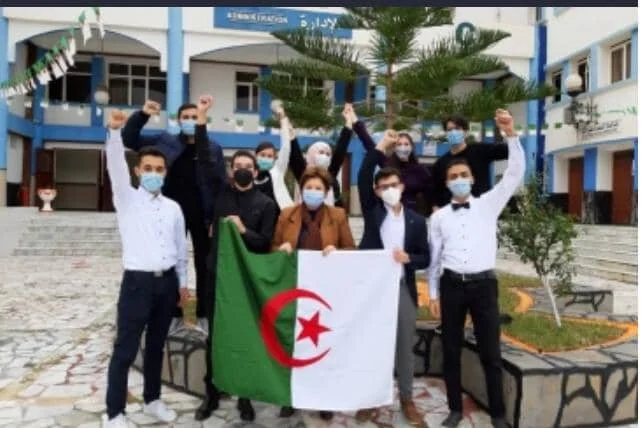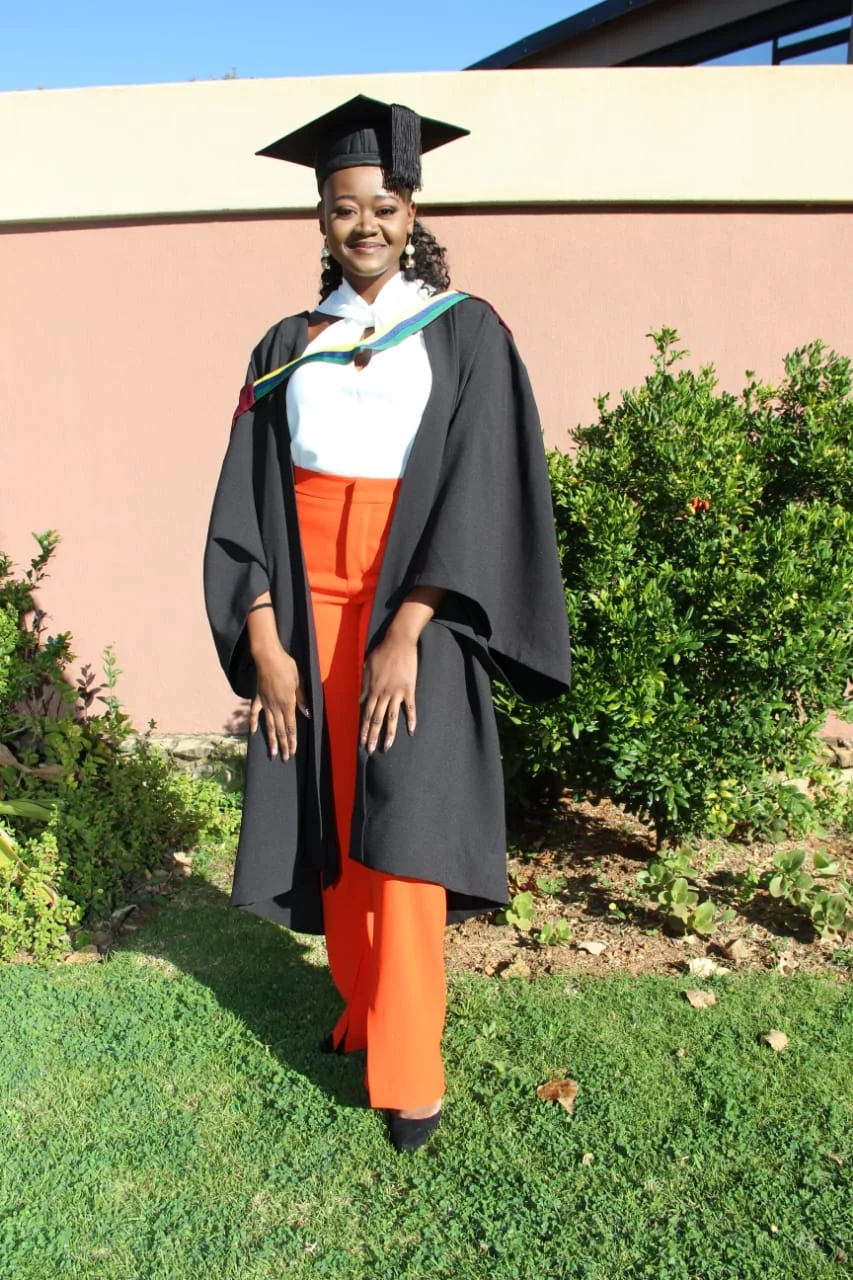During these unprecedented times, it is more important than ever that governments, policymakers, academics, business leaders and civil society come together to find innovative ways of supporting communities and providing hope to younger generations. The pandemic has further highlighted and exacerbated the existing inequalities in our societies, with respect to access to resources, information and power dynamics. Children and young people are among the hardest hit; girls and young women in particular have been disproportionately impacted.
The Youth Café Featured On NGOSIFY And AllAfrica.com
The Youth Café was featured on Forbes Magazine last year and this year we have been featured on two more websites-NGOSIFY and AllAfrica.com. The Youth Café is featured on both these articles for the projects we work in under our eight priority areas featured in our Theory of Change, in this case, mainly ‘Governance and Political inclusion-Accountability & Remittances’ and ‘Business, job Creation and Entrepreneurship.’ , as well as the ways in which we empower the youths in Africa.
The Youth Café Has Been Nominated To The United Nations International Organizing Committee (IOC) Of Global MIL Week 2021
With our own project on media literacy and civic reasoning ongoing, this opportunity means better articulation, support, and involvement of key stakeholders in the process. We also plan to have a media literacy week as well in Kenya, which the experience will then inform of this international planning committee. With the electioneering year approaching, we trust that learning more about digital literacy will impact our attitudes and thought process as we participate civically.
Shedding Light On The Hopes And Challenges Of Algerian Youth
Injaz(Arabic for achievement) is patterned after a US-based youth organization, Junior Achievement, which operates in many African countries, including Ghana, Nigeria, Tanzania, as well as in other regions of the world. Ms. Jaber, the Jordanian-born executive who now lives in Algeria, wanted to offer young people in Africa the opportunity to develop their business leadership skills, including business planning, critical thinking, and effective communication.
Good Education is the Foundation for Effective Female Leadership | The Youth Cafe
BY FRANCK KUWONU
African women’s restricted access to quality education, knowledge and resources is preventing them from gaining leadership positions on the continent, says Kafui Adjamagbo-Johnson, a veteran West African women’s rights activist. Another problem is that women—especially rural women—are allowed only limited control over finances, means of production and land. Consequently the pace of women’s empowerment remains slow, Ms. Adjamagbo-Johnson says.In an interview with Africa Renewal, Ms. Adjamagbo-Johnson reflected on decades of women’s political leadership, gender activism and professional engagement in Togo, her home country, and West Africa in general.
Preparing Africa’s graduates for today | The Youth Cafe
BY RAPHAEL OBONYO
Many Africans with advanced qualifications are finding their university degrees are just not enough to land a job in the current market. Ruth Rono graduated from Chuka University, Kenya, in 2015 with first-class honours. Without a job after many years of trying, Ms. Rono was forced to take menial jobs such as working on people’s farms.






